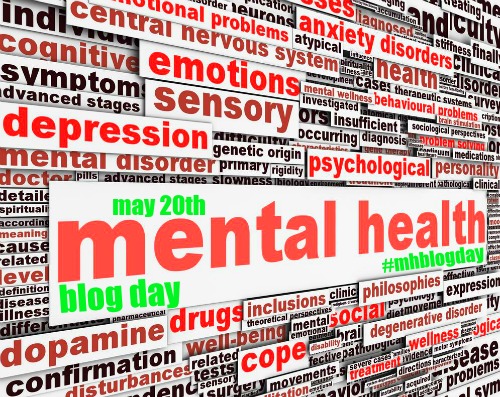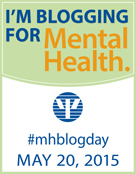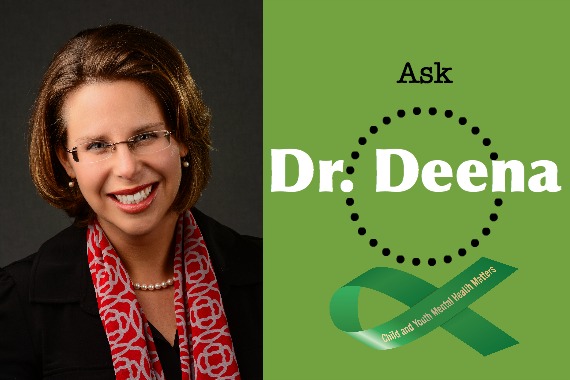19
Feb
2017
2017
Autism Spectrum Disorder (ASD) Parenting
by Dr. Deena Abbe, Ph.D.
When my son was diagnosed with ADHD, I thought, as a psychologist, I was prepared for the continuing challenges of parenting. But I was wrong. All my knowledge went out the window as I attempted to plead, cajole, beg, bribe, yell my way through parenting my son. Those early childhood years of his life were increasingly tough. There were many moments I wished that there could have been a support group, a therapist, someone, who knew what I was going through. So that all of these increasingly difficult behaviors weren’t on mine and my husband’s shoulders alone.
We were very lucky. We had friends and family, and a WONDERFUL therapist who helped us through it all. And even with all the support, we felt isolated from our parent-peers. There are many parents out there who don’t have the support base we had. And it’s not just parents of children with ADHD that experience this burn out. One population of parents in particular has an exceptionally high rate of anxiety and depression. Parents and primary caregivers of children with Autism Spectrum Disorder (ASD) have significantly high rates of depression and anxiety (50% and 40% respectively). Despite this, very few seek treatment for themselves. We know that if treatment is received, we can decrease these rates of anxiety and depression, thereby increasing satisfaction and effective parenting techniques, and decreasing alienation and loneliness. A recent study by Lushin and O’Brien (2016) has found that using the Early Intervention Program to provide treatment to parents, either in a home-based or clinic-based setting (where their child receives services) helps reduce the symptoms and severity of the depression and anxiety related to parenting s child with ASD. Receiving treatment for their depression and anxiety helps them parent effectively, which in turn helps their children. The Early Intervention Program seems like a perfect vehicle to provide these services. And we know that the early the effective services are provided to the child (and that includes appropriate parenting), the better the child is in the long term. And the better we all are.
Lushin, V., & O’Brien, K.H. (2016) Parental Mental Health: Addressing the unmet needs of caregivers for children with autism spectrum disorders. Journal of the American Academy of Child & Adolescent Psychiatry, 55, 1013-1015. http://dx.doi.org/10.1016/j.jaac.2016.09.507


 Today is Mental Health Blog Day and I remember when my son was first officially diagnosed with ADHD, he was about 6 years old. Kindergarten. Hmm…. How to explain to him, “Yeah! You were diagnosed with a neurological disorder that makes you move, and fidget, and call out, and have some social issues with your peers!” No matter how smart he was, that wouldn’t go over well.
So I started thinking; in life, everyone has something. Some people are good at sports, but not a reading. Some people have difficulty letting go of their blankie. Sometimes, people’s strengths and weaknesses don’t have a name: they are just a group of behaviors, while sometimes if we’re lucky, those groups of behaviors have a label. That’s good; in many cases that means that there are many other people who also have those behaviors and we may know how to help. Many times, when we give something a label or a name, it means that it’s real. It validates the experience. So that’s what I did for my son. What’s good about this approach is that it normalizes the experience for kids. It also gives parents much needed perspective. ADHD isn’t a bad thing. It’s just a thing…and everyone has to deal with something. Feel free to read more of my blog posts here:
Today is Mental Health Blog Day and I remember when my son was first officially diagnosed with ADHD, he was about 6 years old. Kindergarten. Hmm…. How to explain to him, “Yeah! You were diagnosed with a neurological disorder that makes you move, and fidget, and call out, and have some social issues with your peers!” No matter how smart he was, that wouldn’t go over well.
So I started thinking; in life, everyone has something. Some people are good at sports, but not a reading. Some people have difficulty letting go of their blankie. Sometimes, people’s strengths and weaknesses don’t have a name: they are just a group of behaviors, while sometimes if we’re lucky, those groups of behaviors have a label. That’s good; in many cases that means that there are many other people who also have those behaviors and we may know how to help. Many times, when we give something a label or a name, it means that it’s real. It validates the experience. So that’s what I did for my son. What’s good about this approach is that it normalizes the experience for kids. It also gives parents much needed perspective. ADHD isn’t a bad thing. It’s just a thing…and everyone has to deal with something. Feel free to read more of my blog posts here: 
 Ask Dr. Deena your questions through any of these channels:
Facebook:
Ask Dr. Deena your questions through any of these channels:
Facebook: